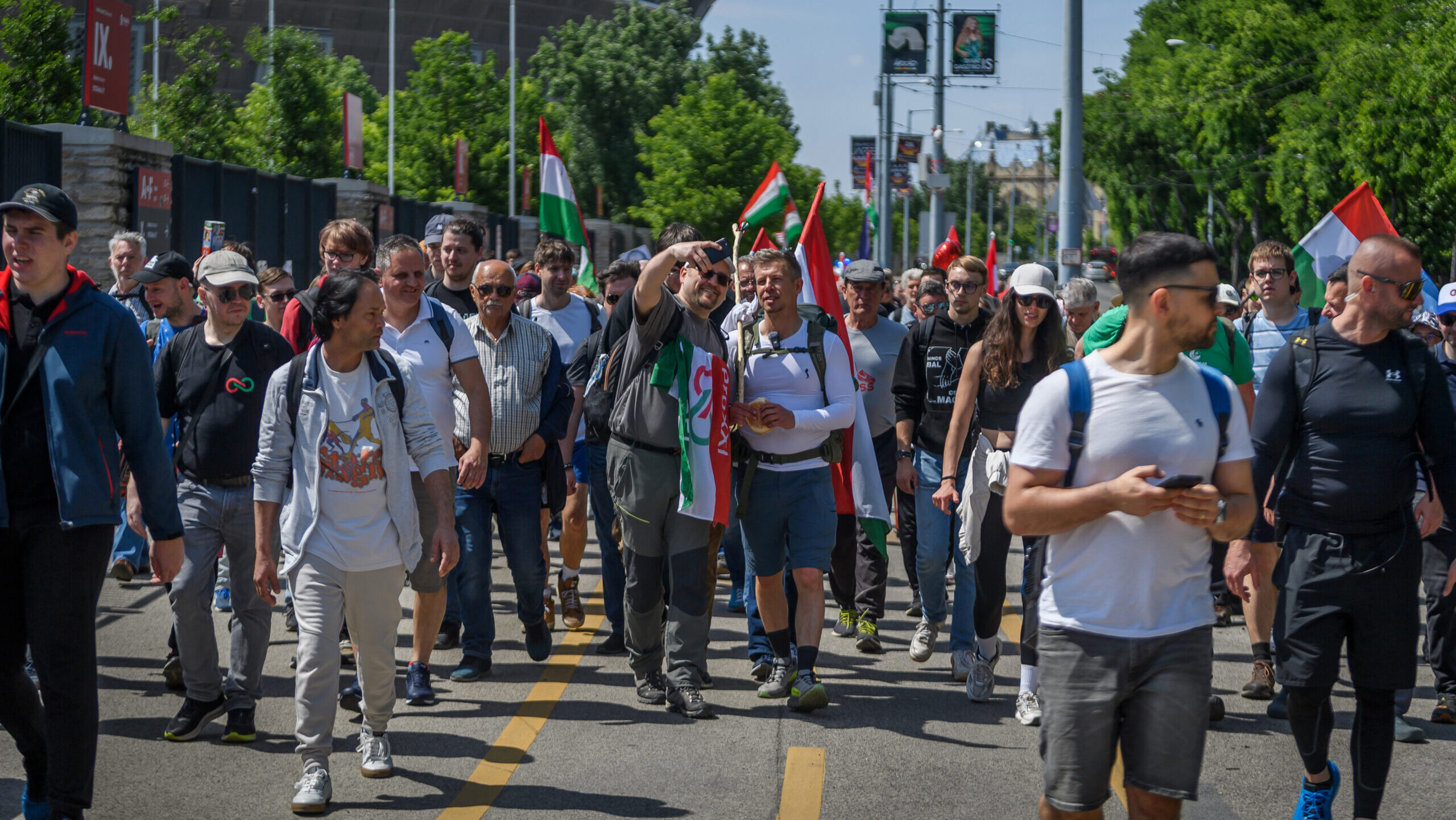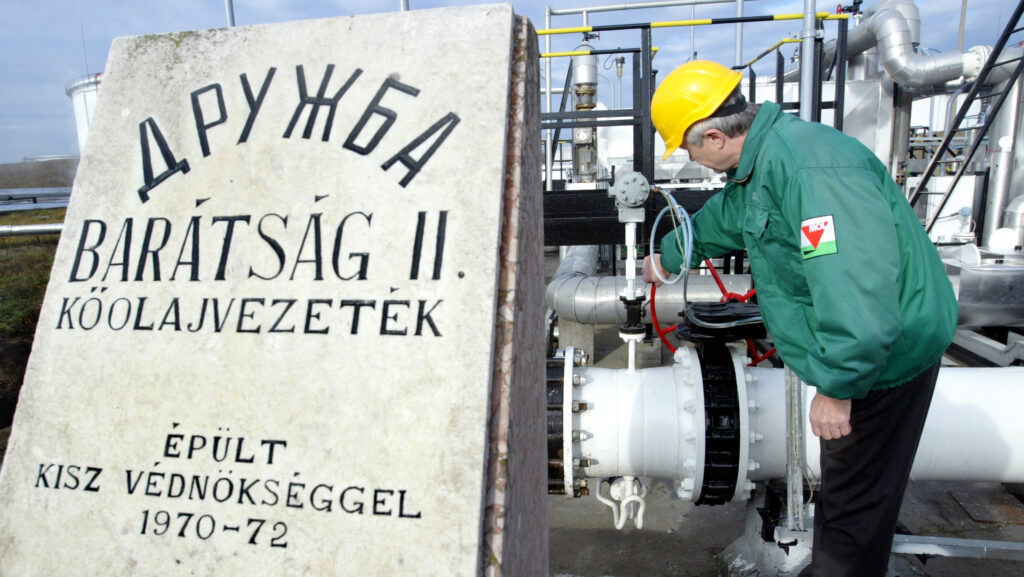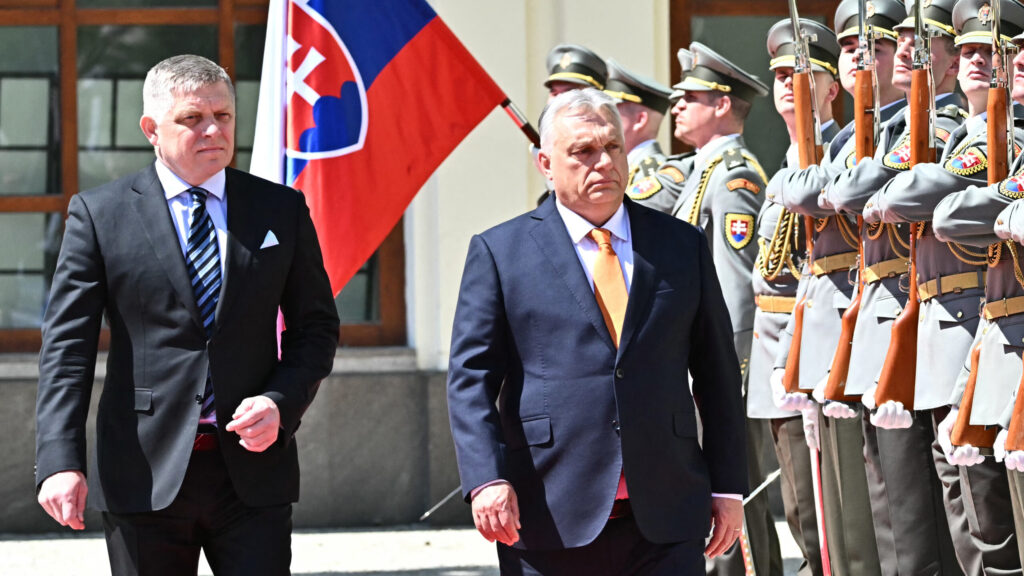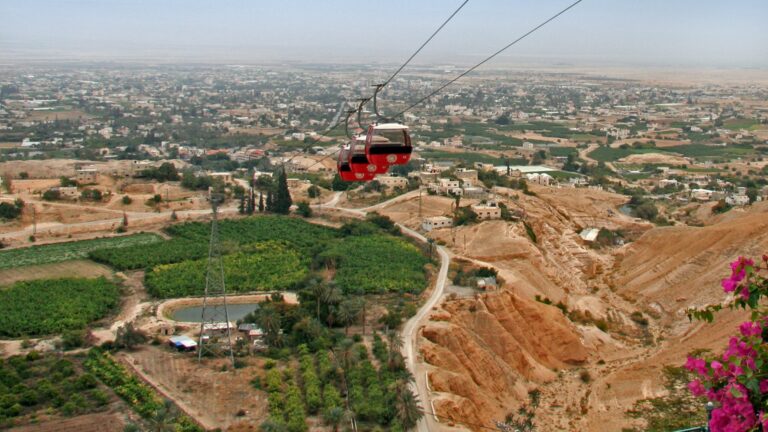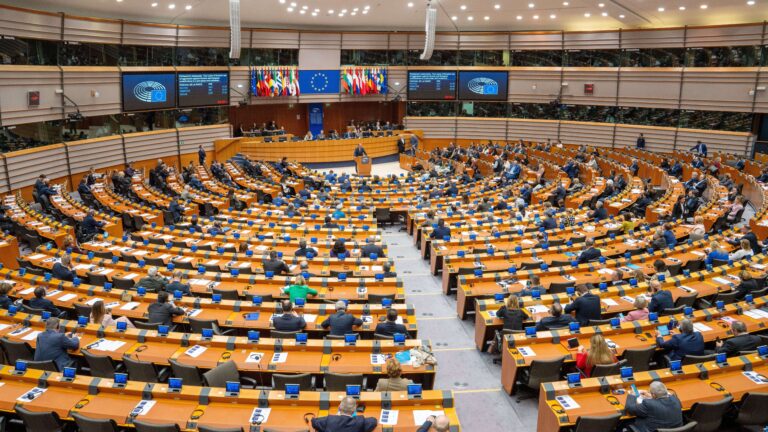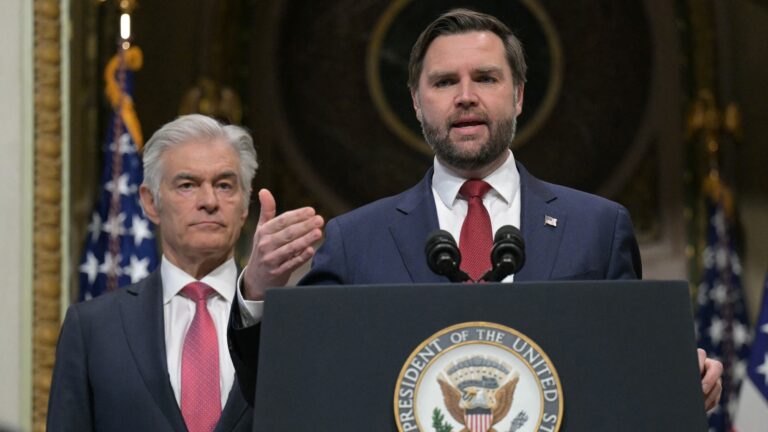Hungarian opposition leader Péter Magyar concluded his symbolic ‘one million step’ initiative over the weekend, walking from Budapest, Hungary, to Oradea (Nagyvárad), Romania—a distance of approximately 300 kilometres. The journey was intended to sway Hungarian voters in Romania towards the Respect and Freedom (Tisza) party, following Hungarian Prime Minister Viktor Orbán’s controversial remarks on 9 May. Many—including ethnic Hungarian politicians in Romania—interpreted Orbán’s comments as a clear endorsement of George Simion, the right-wing nationalist presidential candidate with a long history of anti-Hungarian rhetoric and actions.
However, the grand finale of Magyar’s unity march backfired, culminating in a fierce war of words with the Democratic Alliance of Hungarians in Romania (UDMR), the leading political representative of the Hungarian minority. Upon arriving in Oradea, Magyar accused UDMR of acting as a proxy for the Hungarian government and claimed its MEPs in the European People’s Party (EPP)—of which Tisza is also a member—were effectively spying on behalf of Fidesz. Emphasizing his openness to dialogue with UDMR, Magyar added: ‘We have no thorns in our side—we are ready to represent the Hungarians of Transylvania.’ He also proposed convening a national policy round table, inviting both political and civilian representatives of Hungarian communities abroad to contribute their perspectives.
UDMR spokesperson Botond Csoma swiftly rejected Magyar’s accusations, urging him to ‘leave us out of his silly game’ and denouncing the statements as baseless. ‘The man in question was a small child when UDMR joined the political party family that later became the European People’s Party,’ he remarked, calling on Magyar to ‘stop talking nonsense, stop being disrespectful, and make a little effort to get to know the Hungarians of Transylvania.’
‘Magyar accused UDMR of acting as a proxy for the Hungarian government’
Further criticism came from another Hungarian minority organization, the Hungarian Civic Force (MPE), which issued a statement referring to one of Magyar’s gaffes during the march. Talking to the media, he described Oradea as ‘Romanian land’—a phrase perceived as insulting by many Transylvanian Hungarians, given the historical context of the region’s incorporation into Romania after the Treaty of Trianon in 1920.
While MPE welcomed any initiative expressing genuine interest in the Hungarian community, it stated that Magyar’s words and actions fell short of that standard. ‘Anyone who refers to this city as “Romanian land” is revealing more about his worldview than he intends. Sometimes a slip of the tongue is worth a thousand words,’ the party noted.
‘We suggest: when you arrive, do not speak—but listen first. Listen to those Hungarians in Transylvania who dream in Hungarian, who unite in times of trouble, and who bring values not from a poster but from home. If you listen carefully, you may understand: Transylvania is not a campaigning site—Transylvania is a mission. Family is sacred; homeland is not for sale.’
Miscalculated Remarks
The Hungarian community in Romania has taken on an increasingly prominent role in Hungarian domestic politics ahead of the 2026 parliamentary elections. This is largely due to the fallout from Orbán’s 9 May comments, made in response to a presidential debate between Nicușor Dan and George Simion the previous evening. During that debate, Simion declared that the time had come for a Europe of nations and a Christian Europe, stating that citizens would fight for their right to be true Europeans. Orbán replied that he ‘fully agreed’ with this view.
‘We share a historical community of fate with the Romanian people. We do not interfere in the ongoing presidential contest, but from here, the symbolic heart of the Carpathian Basin, we wish to convey this message to the people of Romania and its future president: we stand on the foundation of unity and cooperation, and therefore we will not support any form of isolation or retaliation against Romania or its leadership. In the fight for sovereignty, we must be able to count on one another,’ Orbán said.
Many—particularly within the Hungarian minority in Romania—interpreted these remarks as a tacit endorsement of Simion, whose confrontational record includes inciting tensions during a 2019 clash at the military cemetery in Valea Uzului (Úzvölgye) between ethnic Hungarians and Romanian ultranationalists.
Orbán later clarified his position in a phone call with UDMR President Hunor Kelemen, stating that UDMR’s role was of ‘key importance’ to the Hungarian government. UDMR had endorsed Nicușor Dan and warned that a Simion presidency would pose a direct threat to the Hungarian minority in Romania. Orbán reiterated that ‘in matters of national policy, the interests of the Hungarian community in Transylvania are the guiding principle,’ adding that Hungary had no intention of influencing the Romanian presidential election. ‘Together with Romania’s current and future leaders, we are working to advance the livelihood and preservation of the Hungarian community in Transylvania,’ he emphasized.
Orbán’s ambiguous statement ultimately backfired for Simion, with the resulting backlash among ethnic Hungarians mobilizing an extraordinary turnout. Dan won by large margins in every Hungarian-majority county: 84.42 per cent in Covasna (Kovászna), 90.78 per cent in Harghita (Hargita), and 67.02 per cent in Mureș (Maros). Harghita became the most pro-Dan region in the entire country, despite Dan having secured only around 8 per cent of the vote there in the first round.
At his concluding rally in Oradea, attended by supporters, counter-protesters, and onlookers, Péter Magyar accused Viktor Orbán of betraying Hungarians in Romania and offered partnership to the ‘Romanian nation’, pledging to build a humane and peaceful Hungary. He further alleged that counter-protesters had been bused in from Hungary by a company linked to an oligarch affiliated with the Hungarian government, and promised to disclose the company’s name once definitive evidence was secured.
Breaking the Long-Standing Status Quo
The Hungarian minority in Romania has historically played a crucial role in Hungarian domestic politics. For the past 15 years, the prevailing belief was that Fidesz and its coalition partner, the Christian Democratic People’s Party (KDNP), were the only political forces truly representing their interests. This narrative was shaped by events such as the 2004 referendum on granting simplified naturalization to ethnic Hungarians beyond Hungary’s borders. Then-opposition leader Viktor Orbán supported the proposal, while the ruling Socialist Party led a fear-driven campaign arguing that Hungarian taxpayers would bear the cost of dual citizenship. Although the referendum failed due to low turnout, it left a lasting scar on relations between the Hungarian left and communities across the border.
One of the first acts of Orbán’s government in 2010 was to implement simplified naturalization, a move that cemented his support among ethnic Hungarian minorities. Transylvania has since become central to Orbán’s nation-unity narrative, with the Prime Minister delivering major policy speeches at the annual Bálványos Summer Free University and Student Camp (Tusványos) in Băile Tușnad.
In contrast, the Hungarian opposition has long struggled to connect with Hungarian communities abroad. Some factions have even advocated restricting their voting rights in Hungarian elections, further alienating these voters.
Orbán’s perceived endorsement of Simion appears to have disrupted this long-standing dynamic. Hungarian voters in Transylvania seem increasingly open to political actors beyond Fidesz, and UDMR may now be re-evaluating its alliance with the ruling government. While this shift is not irreversible, it signals a potentially significant change. If Fidesz can reassert its record—emphasizing the gains made for ethnic Hungarians over the past 15 years, alongside clear plans for the future—it may still be able to secure the one mandate that could prove huge significance in the 2026 election.
Related articles:

